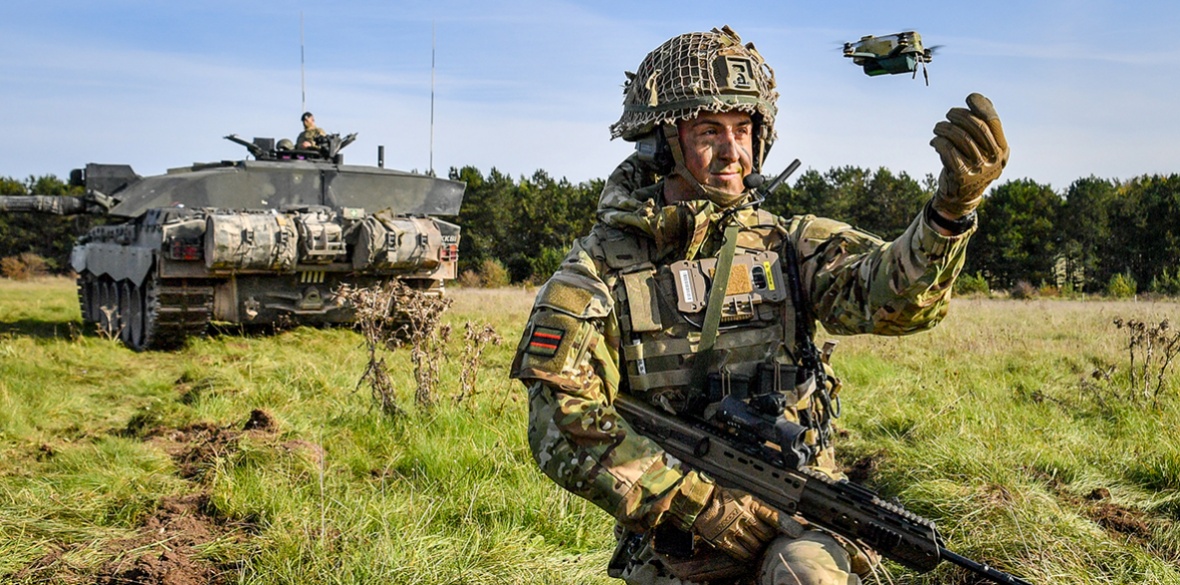THE admission by various police authorities that they now deploy drones to monitor protest events and political demonstrations is presented in the first case as an issue of accountability — not just of the police but other bodies — and additionally as a safety issue.
Civil liberties campaigners at Liberty make the compelling point that “increased mass surveillance, whether through drones or other developing tools like facial recognition, is designed to intimidate and control, and ultimately silence dissent.”
This general point illustrates a deeper truth that when significant groups in society conceive of any extension of police powers, any development of public order technology or any extension of the coercive apparatus of the state into their private lives or their social actions as a threat, it points to a significant measure of alienation from the official values of that society.
Black Lives Matter is just one of the movements that have inevitably attracted the professional attention of police forces.
What is significant about BLM — and this is the reason why spycops are so exercised about it — is that no-one saw it coming.
This is not only true of those elements in the state apparatus tasked with the monitoring and disruption of dissent but quite wide sections of the left, even in the black community and certainly among the political classes.
Of equal significance is the fact that very wide sections of people in our society, indeed in most countries where present-day racism is embedded in histories of colonialism oppression and slavery, immediately recognised this movement as theirs.
They took to the streets, toppled the monuments to the antecedents of the present-day patrician class and stimulated a nationwide search for meaning and understanding in the foundations of current exploitation and oppression.
People on the left generally underestimate the police. They fail to appreciate the level of sophisticated thinking and professional expertise among police officers, tend to regard policing as simply a crude expression of coercive state power and either exaggerate the scale of police operations or fail to see just how effective the police can be.
Today’s police commanders and their cadre of specialists not only know more, they understand better and they think strategically.
In the closing years of the last century and in the face of public order challenges posed by the community response to racist and fascist activity and mass industrial action, the police developed increasingly sophisticated techniques in which the violent deployment of specially trained riot police was matched by an increase in surveillance.
Current techniques lean heavily on intelligence-gathering and electronic surveillance. The drones are just one instrument of this surveillance regime.
The issue is not the technology involved but the system of social control and political intervention that it represents.
At every level of the police, officers of all ranks understand that, confronted by mass movements, especially those that have their roots in the real-life concerns of millions, there are limits to what a police intervention can achieve to preserve the status quo without destroying the illusion of consent.
Police officers have real problems and the working-class movement, not least the trade unions, need to campaign for their full civic rights and for their right to trade union organisation.
While an effective campaign for police accountability is valuable in itself, it naturally raises the level of political sophistication in the police to a higher level.
The optimum result for a working class conscious of its own agency in transforming society is for the police to come to understand that such a force cannot be resisted except at the cost of the illusions on which policing by consent rests.










